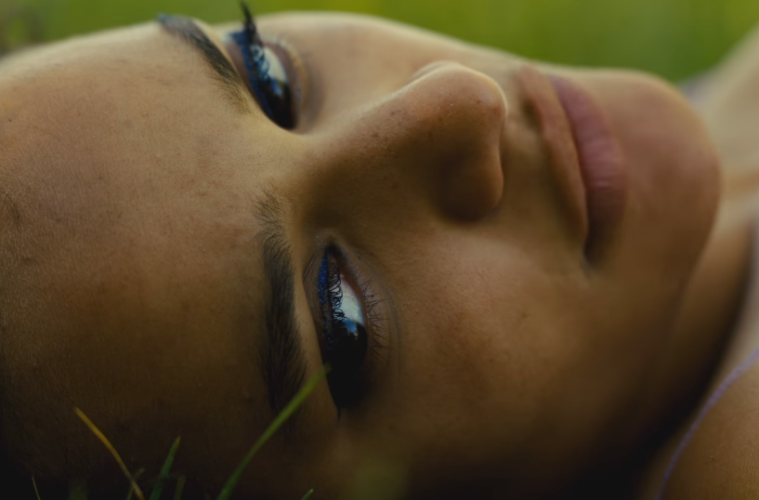
Dailies is a round-up of essential film writing, news bits, videos, and other highlights from across the Internet. If you’d like to submit a piece for consideration, get in touch with us in the comments below or on Twitter at @TheFilmStage.
Filmmaker Magazine has published their annual 25 New Faces of Independent Film, featuring Sasha Lane, Macon Blair, Connor Jessup, and more.
Watch a clip from the restoration of Abel Gance‘s Napoleon:
MUBI‘s Michael Pattison on Don Hertzfeldt’s It’s Such a Beautiful Day, our favorite animation of the century so far:
Psycholinguists call the opening gag of It’s Such a Beautiful Day (2012), Don Hertzfeldt’s delightful hour-long feature, a blend. Bill, a black-on-white stick figure whose only distinctive feature is his top hat, is on his way to the bus stop when he sees someone he recognizes but whose name he doesn’t remember. As our protagonist and his non-companion near one another in a slow-motion body-crash, the film’s narrator (Hertzfeldt) tells of Bill’s internal drama: thinking of things to say—“what’s up” and “how’s it going”—he inevitably overdoes it. Both phrases come out at once.
Watch a discussion with Howards End director James Ivory ahead of its theatrical re-release:
Musing‘s Noel Murray on the amazing adventures of Mel Gibson, action director:
When Mel Gibson’s Braveheart won Academy Awards for Best Picture and Best Director in 1996, longtime Oscar historians registered the victories as easily explained and largely insignificant. They were partly the product of an organized and depressingly reactionary fan campaign, and partly due to Hollywood’s tendency to reward both expensive epics and actors who step behind the camera. In the two decades since, Gibson has suffered through personal scandals, and highly publicized controversies over his subsequent directorial efforts The Passion of the Christ and Apocalypto. Given all that, and given that 1996 was also the year of Toy Story, Before Sunrise, Exotica, 12 Monkeys, Apollo 13, Sense And Sensibility, Seven, Safe, Heat, Casino, Crumb, and Babe, the Braveheart triumph today looks all the more hollow.
Watch a video on the dark obsessions of Jacques Tourneur:
Criterion‘s David Bordwell on A Touch of Zen:
The Asian martial arts film is central to the history of cinema as an art. Not long ago, that statement would have been regarded as reckless. Now video games showcase martial arts, and fantasy adventure films boast dragons and flying swordsmen. More deeply, the tradition running from 1920s Japanese and Chinese swordplay films and continuing through the postwar work of Akira Kurosawa and Hong Kong directors has explored powerful approaches to film aesthetics—the way movies are staged and cut, the way sound enhances bursts of movement. In this collective exploration, no filmmaker has been more distinctive and exhilarating than King Hu.

